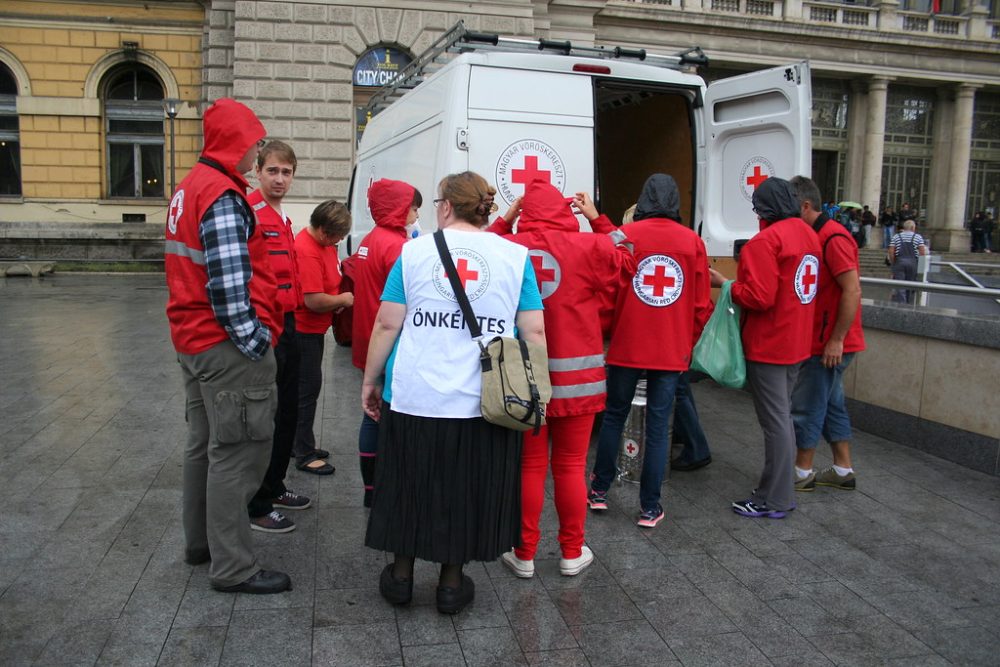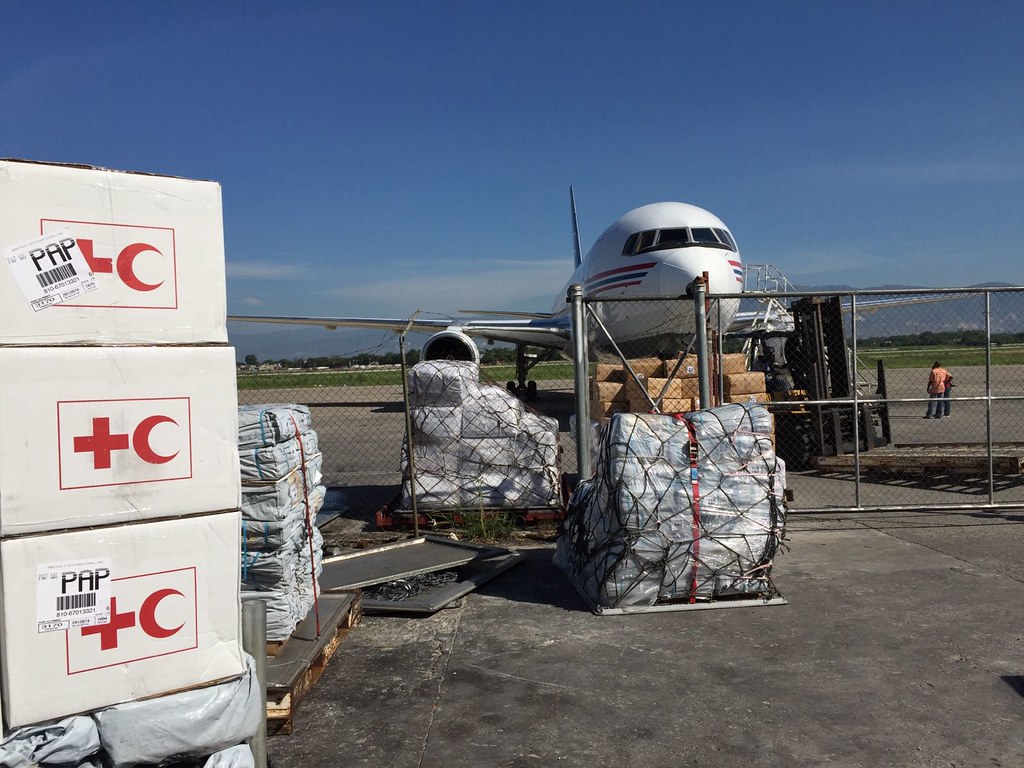Conflicts in regions like Ukraine, the Gaza Strip, Yemen, and Sudan profoundly impact millions of lives. The International Red Cross, or ICRC’s commitment to aiding those impacted by these humanitarian disasters involves ensuring medical facilities are well-stocked with essential supplies. However, the logistical challenges of delivering these supplies efficiently are considerable, with bottlenecks and distribution issues frequently arising.
“The urbanisation of armed conflicts; new technologies of warfare; the needs of civilians in conflicts that are, increasingly, protracted; non‐State armed groups; terrorism and counterterrorism; climate change and the environment” are just some of the contemporary challenges faced by the ICRC.
The journey of these goods from the ICRC headquarters in Geneva through regional logistics centres to crisis areas presents a multitude of challenges for the ICRC’s logistics department. To address these challenges and enhance medical care during humanitarian crises, the ICRC has collaborated with professors from ETH Zürich to develop a digital solution.
Together with the ICRC’s logistics experts and supply chain team, the researchers developed an inventory calculator and optimised planning process to significantly improve the distribution of medical supplies in conflict zones.
Before partnering with the ETH team, ICRC’s logistics specialists based their inventory targets on average annual requirements, but their planning software failed to address fluctuating demand and delivery lead times adequately. However, the collaboration resulted in a new inventory calculator, developed by ETH researchers through logistics research.
Samah El Sayed, who oversees ICRC’s global supply chains and was pivotal in the ETH collaboration, states, “Thanks to ETH Zurich, we’ve identified significant fluctuations in demand and delivery times for different products. Using the inventory calculator, we achieved an optimal balance between desired supply levels and required stock levels for each product.” This alignment has helped ICRC better manage its resources and avoid supply chain overload.
The environmental cost of war
The environmental cost of war is significant, long-lasting and terrifyingly wide-reaching. Here are some of the ways in which war impacts the environment:
1. Pollution: Obviously, ground combat and bombing result in widespread pollution of air, water, and soil, as well as mass destruction of infrastructure. Use of chemical weapons, and oil spills from damaged refineries and factories can contaminate water sources and soil, poisoning and endangering humans and animals for hundreds of kilometres around.
2. Habitat destruction: Bombings and artillery fire can completely destroy natural habitats, displacing wildlife and destroying ecosystems. Additionally, landmines and unexploded ordnance can render large areas uninhabitable for both humans and wildlife for decades, requiring painstaking and expensive mine clearance.
3. Climate change: The military operations themselves, as well as the production and transport of military equipment, contribute to greenhouse gas emissions and climate change. Additionally, war can disrupt efforts to address climate change by diverting resources away from mitigation and adaptation efforts.
In 2023, the ICRC implemented the tool across 12 locations across Africa, the Middle East and Ukraine. This initiative led to a notable reduction in inventory levels by 24 percent, equating to savings of 3.7 million EUR, without compromising service quality.
For instance, in the ICRC’s warehouse in Sana’a, Yemen, logistics specialists managed to cut storage and disposal costs of expired materials, reducing the investment in medical inventory from 2.6 million EUR to less than half of that figure.
The new inventory calculator has revolutionised planning processes for the International Red Cross
Integrating the planning tool into its existing logistics software has transformed the ICRC’s approach to managing medical supply and inventory levels. The organisation now relies on data-driven processes to ensure efficient distribution and maintain high service levels, even in volatile environments.
Additionally, the collaboration between the ICRC and ETH Zurich has led to improved coordination between logistics specialists and healthcare teams on the ground. The enhanced reliability of medical supply has encouraged healthcare teams to improve their forecasting, ultimately benefiting the quality of medical care provided.
The success of this collaboration demonstrates the potential applicability of digitisation to other humanitarian organisations facing similar challenges. By adopting innovative planning processes and leveraging data-driven solutions, these organisations can enhance their operational efficiency and better serve those in need.
The news regarding conflicts in Gaza, Ukraine, Sudan and Yemen have felt neverending and increasingly dire in recent years. In spite of the volume of headlines, it had felt at times hard to spot the positive developments, if not impossible.
This project’s positive impact is proof that no matter how extreme the situation, there are always going to be people striving and, in this case, succeeding in improving the situation for those in need – however marginally.
Researchers deliver tools for greater humanitarian action
This project is part of the 2020 Engineering for Humanitarian Action initiative launched by the ICRC, ETH Zurich and EPFL. The partnership’s goal is to make knowledge and technologies from both universities in the fields of energy and the environment, data sciences, digital technologies and personalised medicine available where they are needed most: in humanitarian crises.









